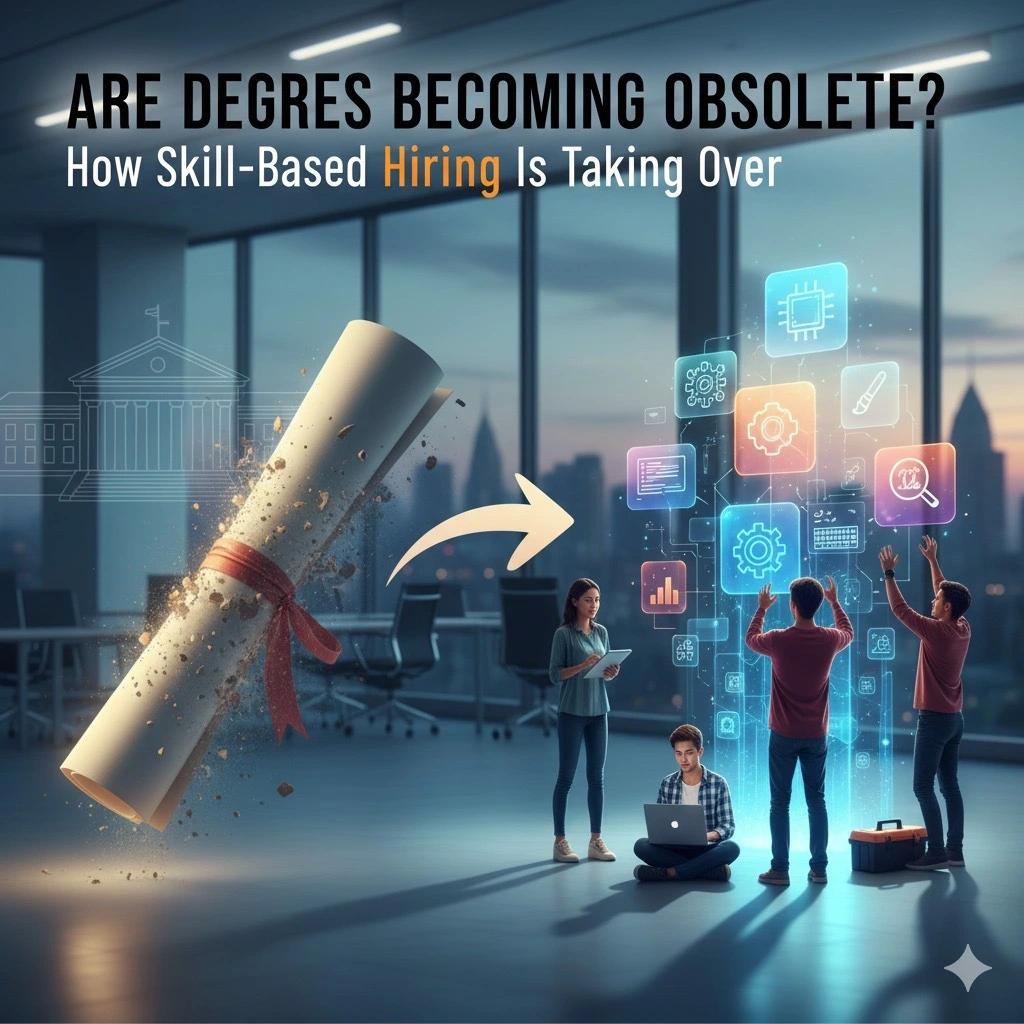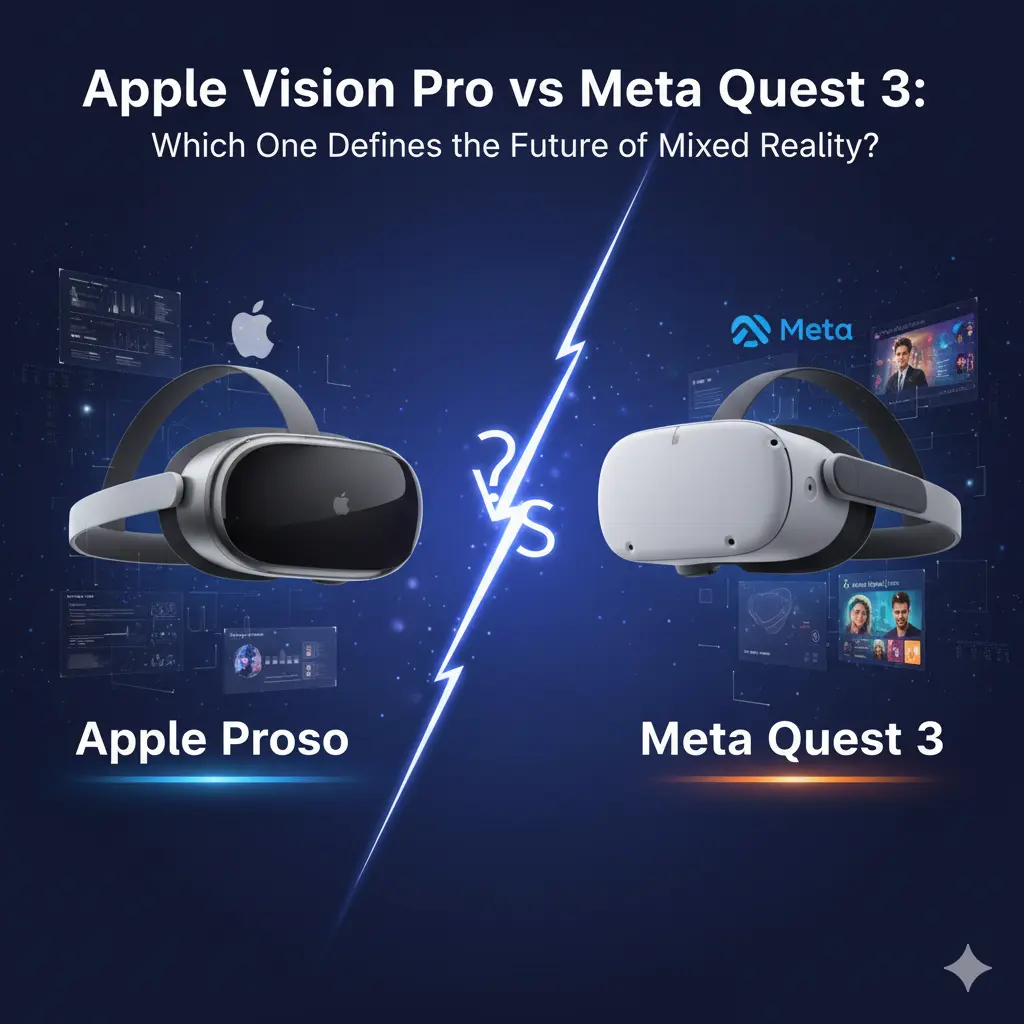
In recent years, the traditional value of a college degree has come under intense scrutiny. With technology rapidly evolving and industries demanding specific, practical skills, employers are increasingly prioritizing what candidates can do over what they have studied. This shift has given rise to skill-based hiring, reshaping the employment landscape.
The Changing Perception of Degrees
For decades, a college degree was considered the golden ticket to a successful career. Degrees were seen as proof of intelligence, dedication, and the ability to complete long-term projects. However, in the modern workplace, this traditional view is evolving.
Many companies have realized that degrees do not always guarantee job readiness. Graduates may have theoretical knowledge but lack practical skills necessary for the role. This gap has led employers to explore alternative ways to assess talent.
What Is Skill-Based Hiring?
Skill-based hiring focuses on evaluating candidates based on their actual abilities rather than formal educational credentials. This approach emphasizes:
- Technical competencies: Can the candidate perform tasks specific to the role?
- Soft skills: Communication, problem-solving, adaptability, and collaboration.
- Practical experience: Projects, internships, freelancing, and portfolio work.
Instead of asking, “Which university did you attend?” employers now ask, “What can you bring to the table?”
Factors Driving the Shift
Several factors have accelerated the transition toward skill-based hiring:
1. Rapid Technological Advancements
New tools, software, and methodologies emerge constantly. By the time students graduate, their knowledge may already be outdated. Employers prefer candidates who can adapt and learn quickly rather than rely solely on past academic achievement.
2. Rise of Online Learning Platforms
Platforms like Coursera, Udemy, and LinkedIn Learning allow individuals to acquire in-demand skills at their own pace. These courses often focus on practical application, giving learners a competitive edge.
3. Industry-Specific Skill Needs
Certain industries, such as tech, digital marketing, and data analytics, prioritize hands-on experience over formal degrees. A programmer with a strong portfolio or a marketer with proven campaign results can sometimes outweigh someone with a degree but no experience.
4. Cost of Higher Education
The rising cost of college has forced many to question whether degrees are worth the investment. Skill-based learning offers a more affordable and faster path to employment.
Benefits of Skill-Based Hiring
Skill-based hiring offers advantages to both employers and job seekers.
For Employers
- Better talent fit: Candidates are evaluated based on their ability to perform specific tasks.
- Reduced turnover: Employees who can handle their roles effectively are less likely to leave.
- Diverse talent pool: By removing degree requirements, companies can access candidates from varied backgrounds.
For Job Seekers
- Equal opportunity: Candidates without formal education can compete on skill alone.
- Faster career growth: Demonstrating competence can lead to quicker promotions.
- Flexibility: Learning skills independently allows individuals to pivot careers more easily.
Challenges of Skill-Based Hiring
Despite its advantages, skill-based hiring is not without challenges:
- Assessment accuracy: Evaluating skills objectively can be complex.
- Bias risk: Employers may still favor candidates from well-known companies or backgrounds.
- Credential value: In some fields like medicine, law, or engineering, degrees remain mandatory for safety and regulatory reasons.
The Future of Work: Degrees and Skills Coexist
While skill-based hiring is on the rise, it does not mean degrees will disappear entirely. Many employers still value formal education as a foundation for critical thinking and discipline. However, the balance is shifting, and practical skills are becoming equally, if not more, important.
Hybrid approaches are emerging, where companies seek candidates with a combination of formal education and demonstrable skills. Additionally, certifications, bootcamps, and micro-degrees are gaining recognition as valid credentials for employment.
Conclusion
Degrees are no longer the sole gateway to a successful career. Skill-based hiring is transforming the way employers evaluate talent, placing capability and results above traditional credentials. As the job market continues to evolve, individuals who focus on learning relevant skills, gaining practical experience, and continuously upskilling are likely to thrive in the modern workforce.



